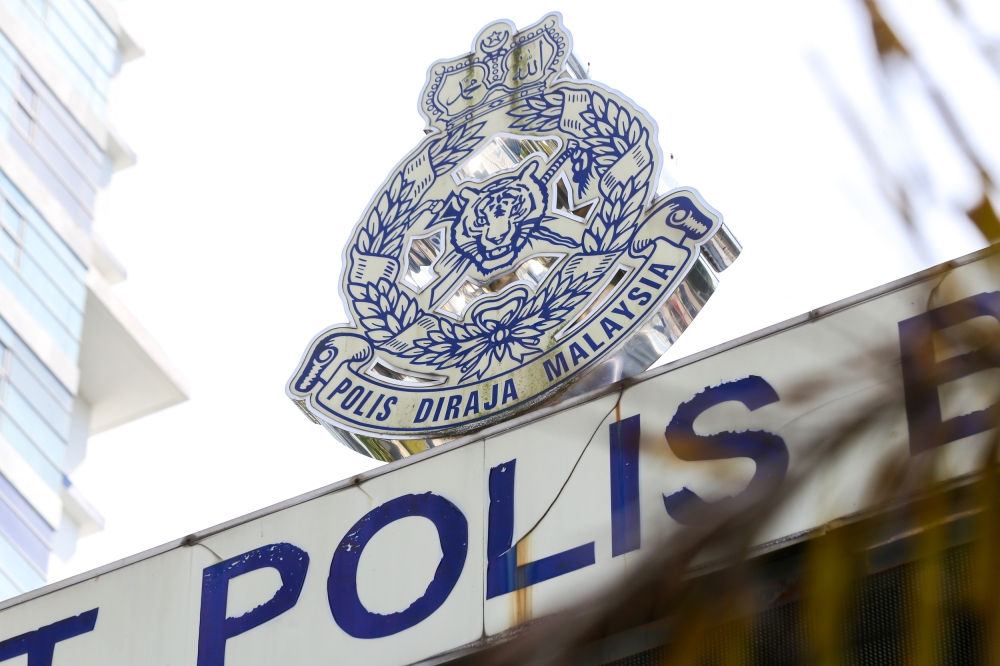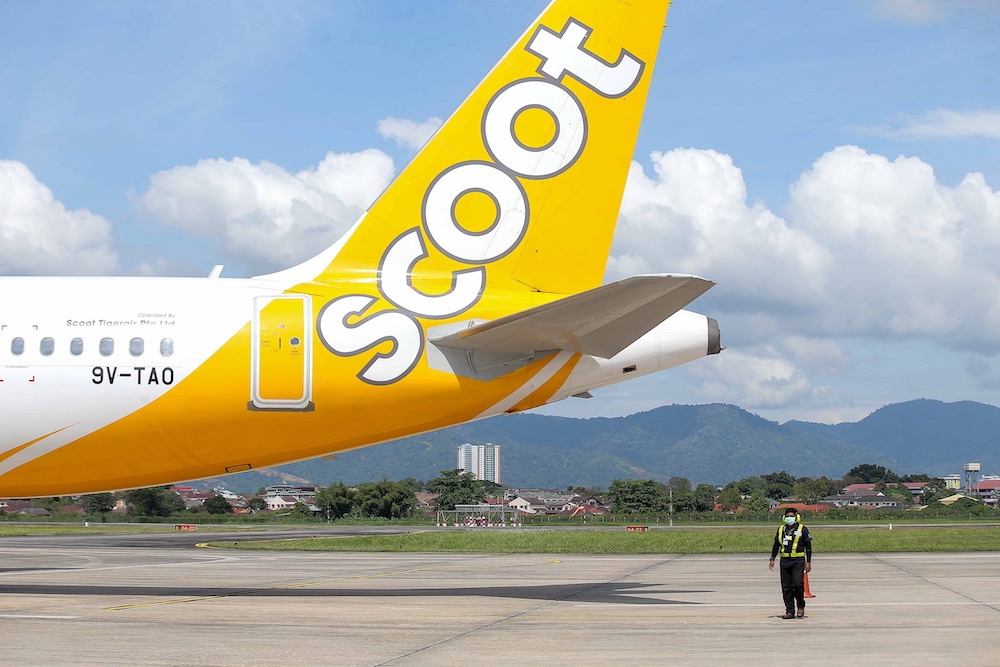KUALA LUMPUR, Dec 20 — There are currently 20 government clinics in Selangor and one government clinic in Negri Sembilan that cannot operate due to the floods, the Health Ministry said today.
Health director-general Tan Sri Dr Noor Hisham Abdullah noted that with floods hitting eight states and territories so far in peninsular Malaysia (Kelantan, Terengganu, Pahang, Selangor, Negri Sembilan, Perak, Kuala Lumpur and Melaka), a total of 72 government health facilities have been affected.
These 72 flood-affected health facilities are 43 located in Pahang, 20 in Selangor, eight in Kelantan and one in Negri Sembilan.
Out of the 72, a total of 21 — namely 20 in Selangor (in the health districts of Klang, Petaling, Hulu Langat, Kuala Selangor, Kuala Langat, Sepang) and one in the Jelebu health district in Negri Sembilan — cannot operate at all.
The Health Ministry went on to list the alternative government clinics nearby that were still operating.
For example, in Klang, the government clinics for Port Klang, Pulau Indah, Meru and Kg Nenas were not operating, while the nearby government clinics of Pandamaran and Kapar were still available. Similarly, the Telok Menegun clinic was not available with the nearest operating clinics being in Kg Jawa and Anika. Bukit Kapar’s clinic was not operating and the nearest alternative is the Kapar clinic, while Padang Jawa’s clinic that could not operate had the Bukit Kuda clinic as its alternative.
In Petaling, clinics closed were those at Seksyen 19 Shah Alam, Batu 13 ½ Puchong, Puchong Permai, with the nearest alternatives at Seksyen 7 Shah Alam and Puchong Batu 14.
Similarly, in Hulu Langat, those at Batu 14 Hulu Langat, Dusun Tua, Batu 18 Hulu Langat were closed, and the alternatives are at Ampang and Taman Nirwana.
For Kuala Selangor, clinics closed were at Bukit Kerayong, Berjuntai Bestari, Pasir Penambang with its nearest alternatives being at Jeram, Bestari Jaya and Kuala Selangor respectively.
For Kuala Langat, clinics closed were at Jenjarom, Bukit Changgang, Labohan Dagang, with alternatives being at Telok Panglima Garang, Telok Datok, and Olak Lempit.
Sepang’s Dengkil clinic is closed with the nearest alternative being the Salak government clinic, while Felda Titi clinic at Jelebu was closed with the nearest alternative in Titi.
Out of the 72 flood-affected facilities, eight government clinics are not contactable but are still operating, namely Star, Chiku 7, Jeram Tekoh in the Gua Musang health district, Kuala Balah, Lubok Bongor, Bukit Jering, Kubur Dato’ in Jeli, and Kusial clinic in Tanah Merah.
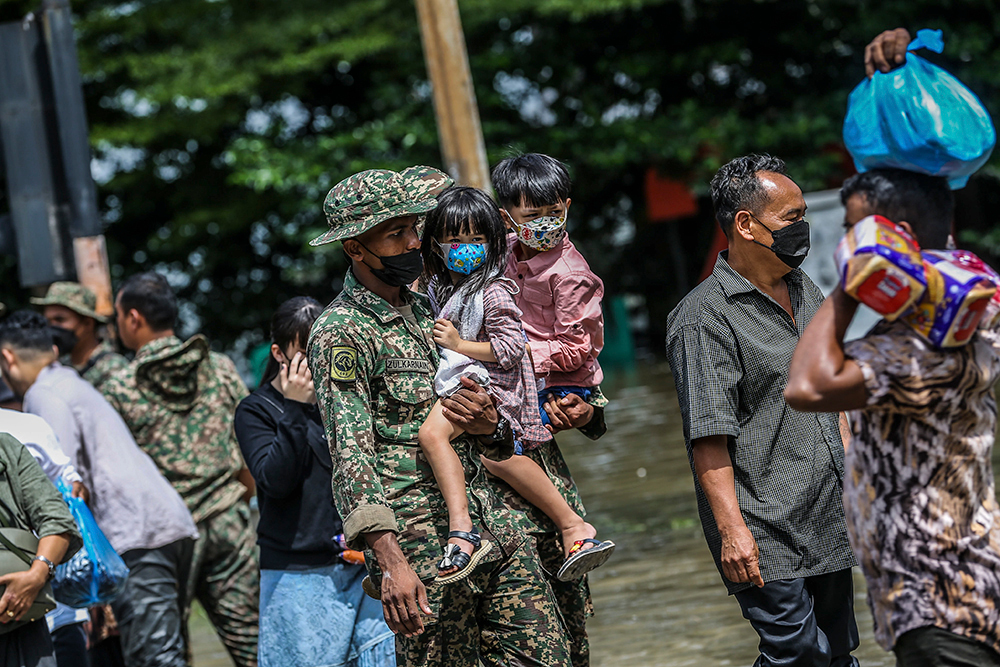
Food, water safe at shelters
As for flood victims at temporary evacuation centres (PPS) or flood relief shelters, Dr Noor Hisham gave an overview of their health situation, with 78 of them given treatment as outpatients as of noon.
Out of the 78, 65 of them had non-infectious diseases while 13 had infectious diseases with five having acute respiratory infection and eight having skin infection.
However, no acute gastroenteritis, typhoid, cholera, hand foot mouth disease, leptospirosis, dengue or other infectious diseases have been reported among such flood victims so far; while there was one pregnant woman and no cases of post-natal or dialysis patients reported at such flood relief centres.
Dr Noor Hisham said 70 water sampling tests were conducted and it was found that the drinking water at the centres did not breach any safety parameters, while 34 of the 45 centres visited were found to be satisfactory in terms of the food preparation premises.
He said 48 of these shelters were inspected and that no Aedes mosquito breeding grounds were found, with 427 containers inspected and with no fogging done at any of the centres.

While saying that Covid-19 cases may increase as standard operating procedures (SOP) cannot be fully complied with during flood rescue activities, Dr Noor Hisham reminded the public to notify the authorities if they are Covid-19 positive or are close contacts to enable appropriate steps during the evacuation and rescue process.
He also reminded the public to always wear their face masks, maintain physical distancing and to inform personnel at shelters if they are having Covid-19 symptoms, and to avoid gathering in crowds with other flood victims and to always wash their hands with soap or hand sanitisers especially at common areas such as toilets.
He noted that the Health Ministry has provided basic medicine, disinfectants and face masks to flood victims at such shelters, and that Covid-19 tests are also carried out on flood victims before they enter shelters for early detection of Covid-19 and to prevent infections from spreading at the shelters.
“Since there are also flood victims that have received protection at mosques, LRT stations, shopping malls and so on, MoH wishes to advise the secretariat or volunteers at those protection centres to carry out RTK Ag saliva self-tests on all individuals who take shelter there, and to isolate cases detected as Covid-19 positive as soon as possible,” he said, adding that the volunteers are to then contact the Health District Office through hotlines at https://covid19.moh.gov.my/hotline to enable immediate tracing of close contacts.
He provided further resources from the Health Ministry on guidelines to prevent and manage Covid-19 at the flood relief shelters: https://covid19.moh.gov.my/garis-panduan/garis-panduan-kkm

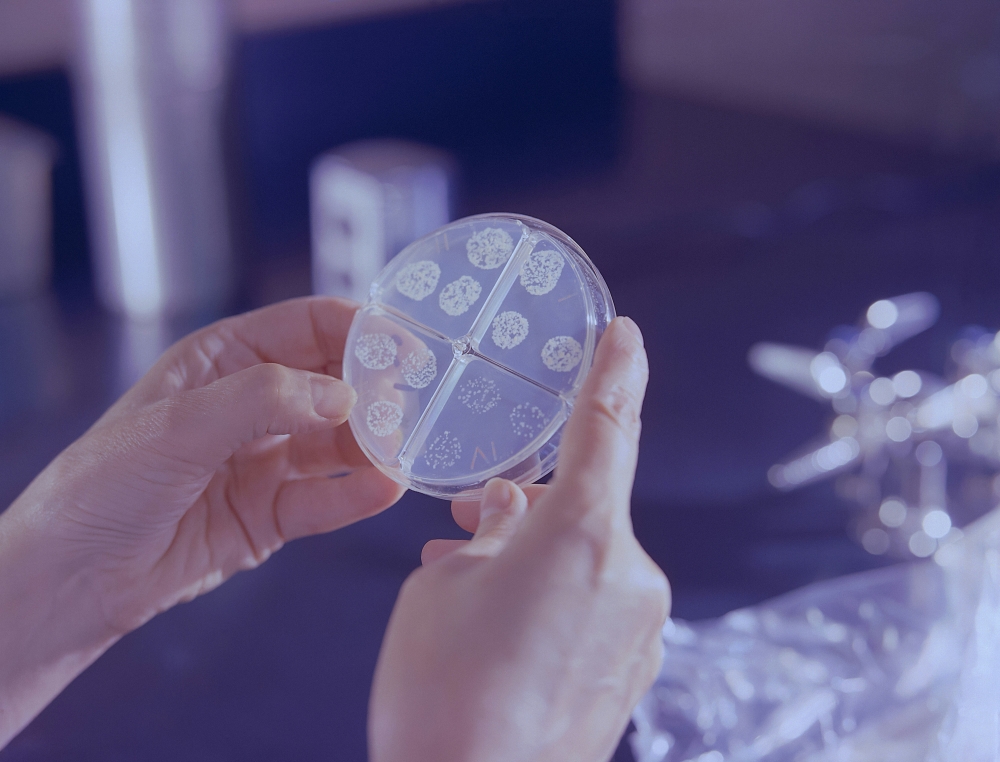
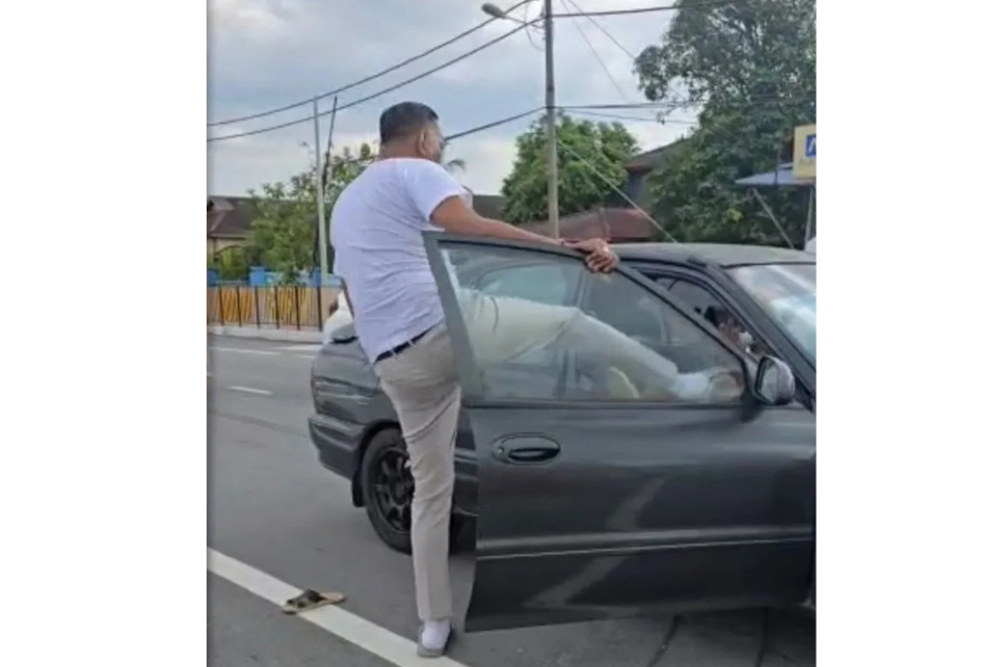
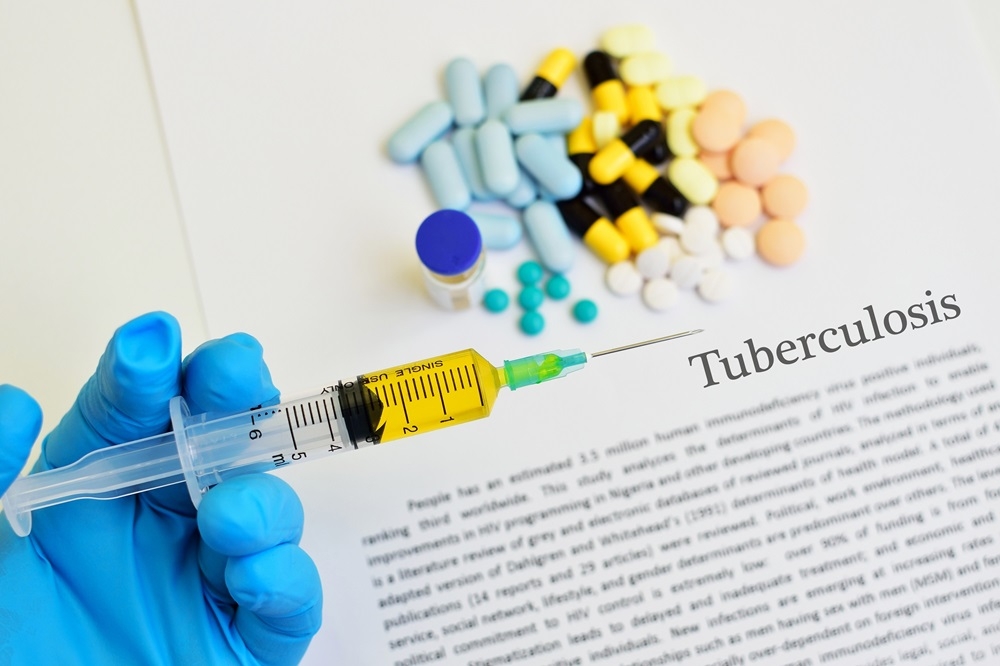
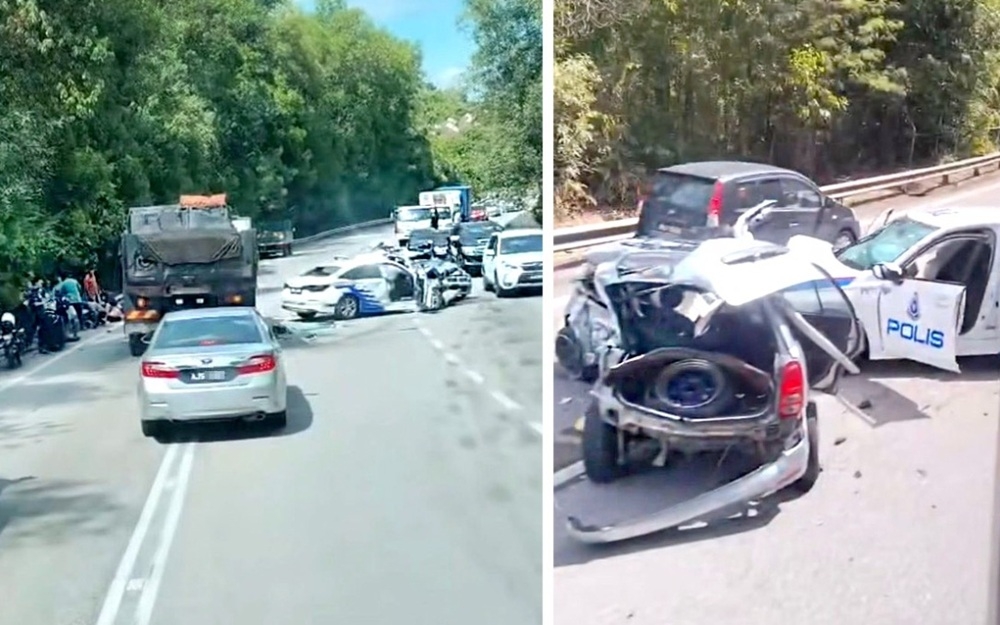
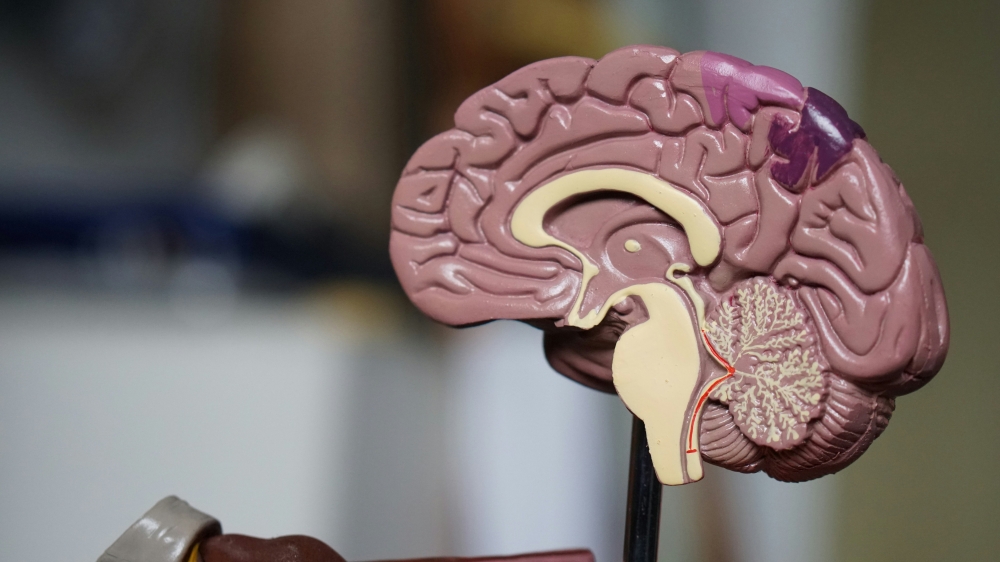
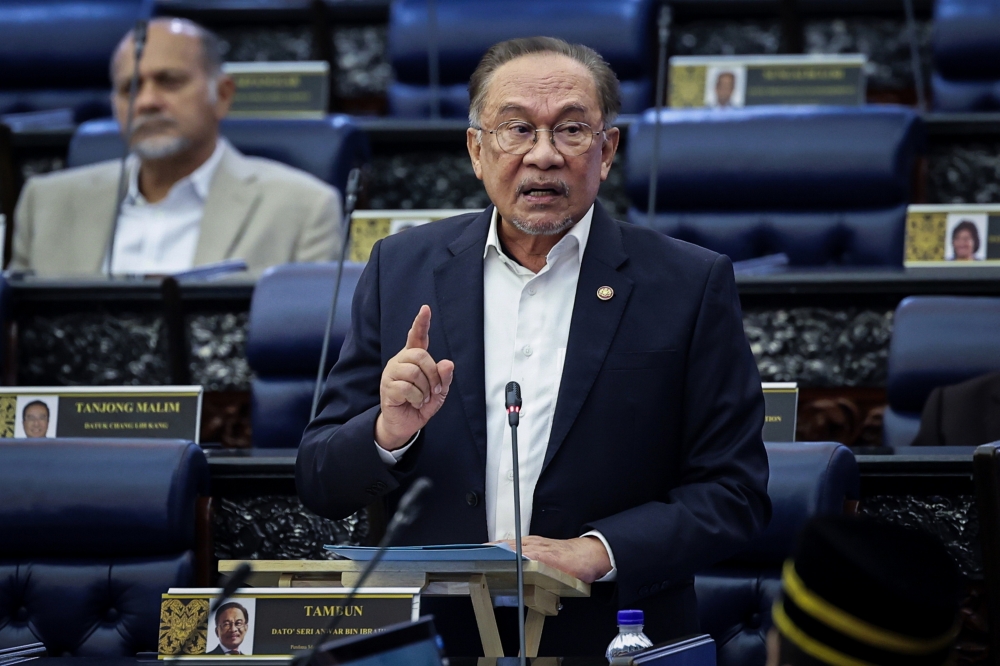
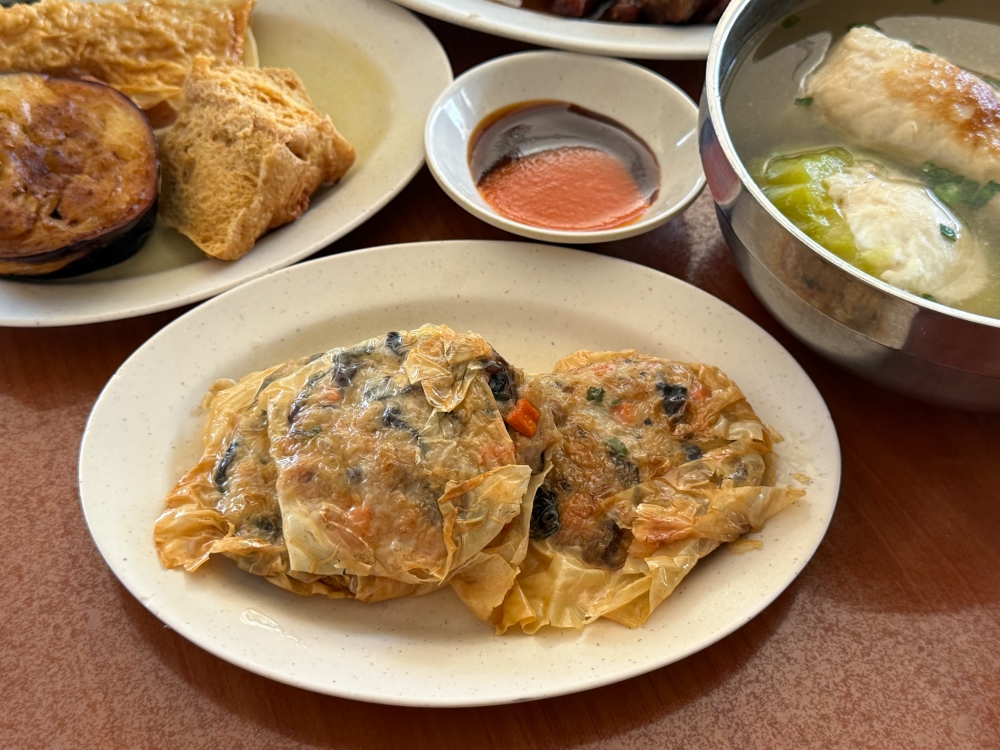
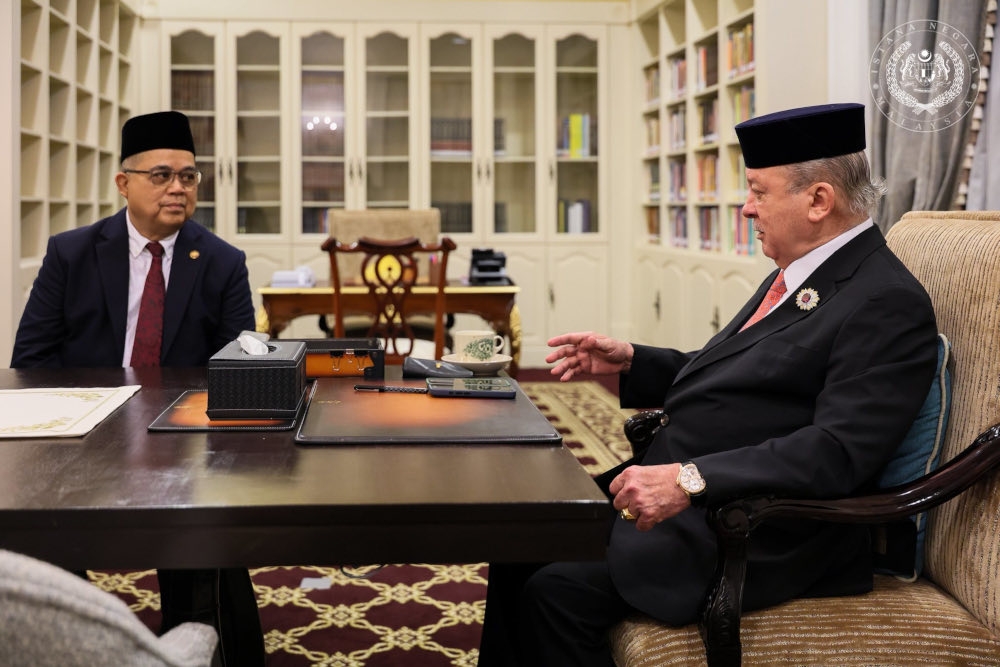
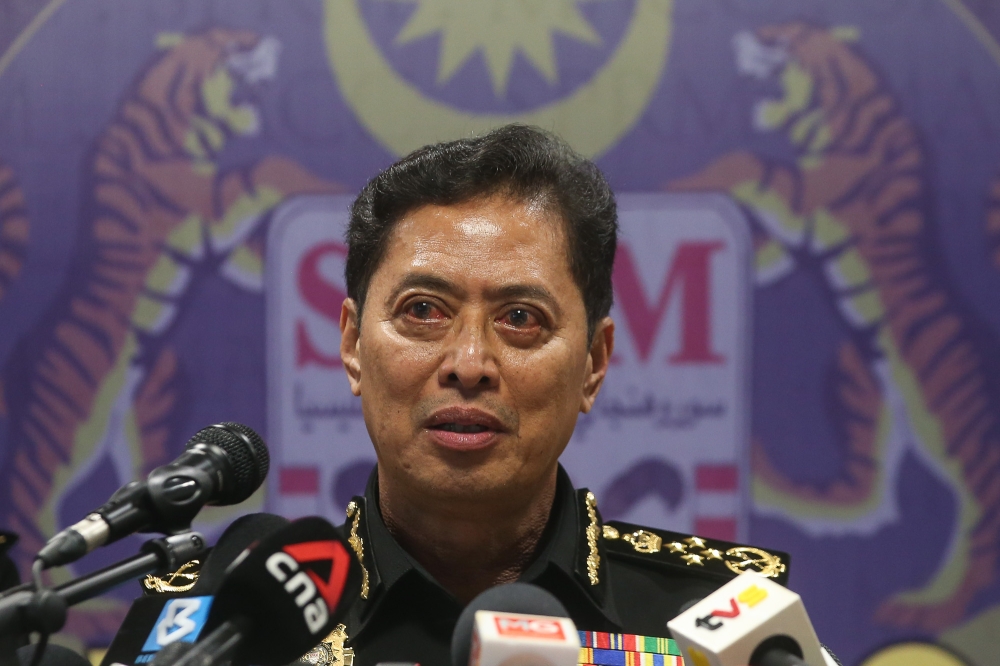
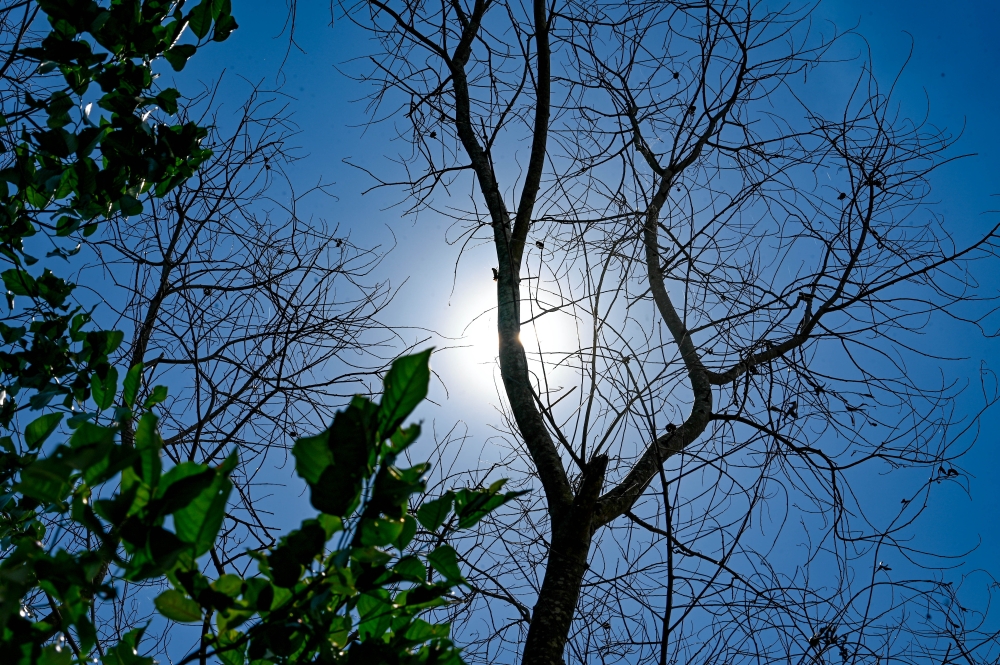
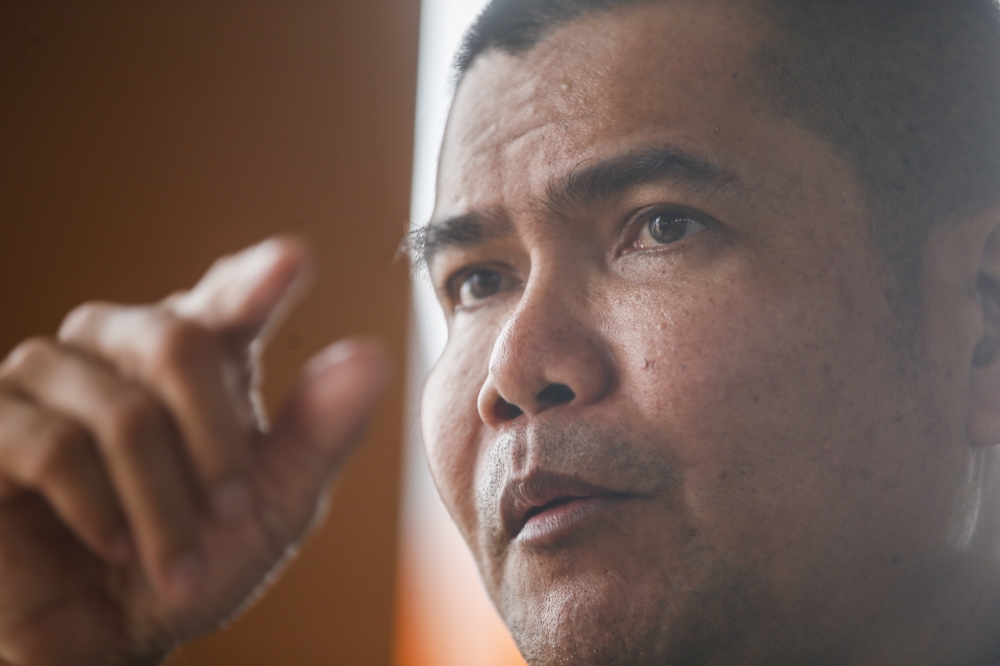
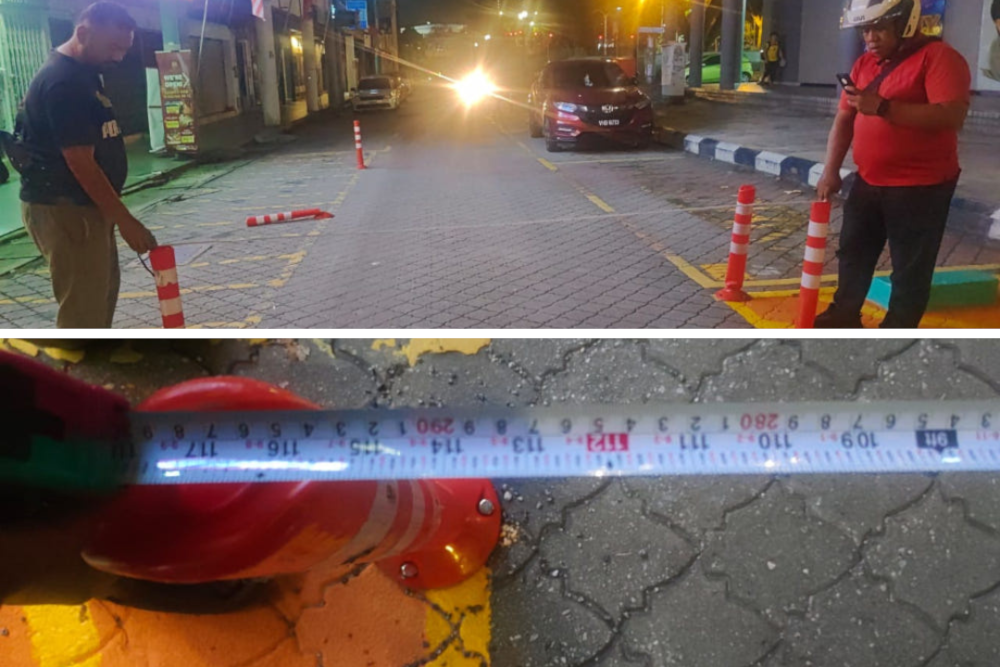
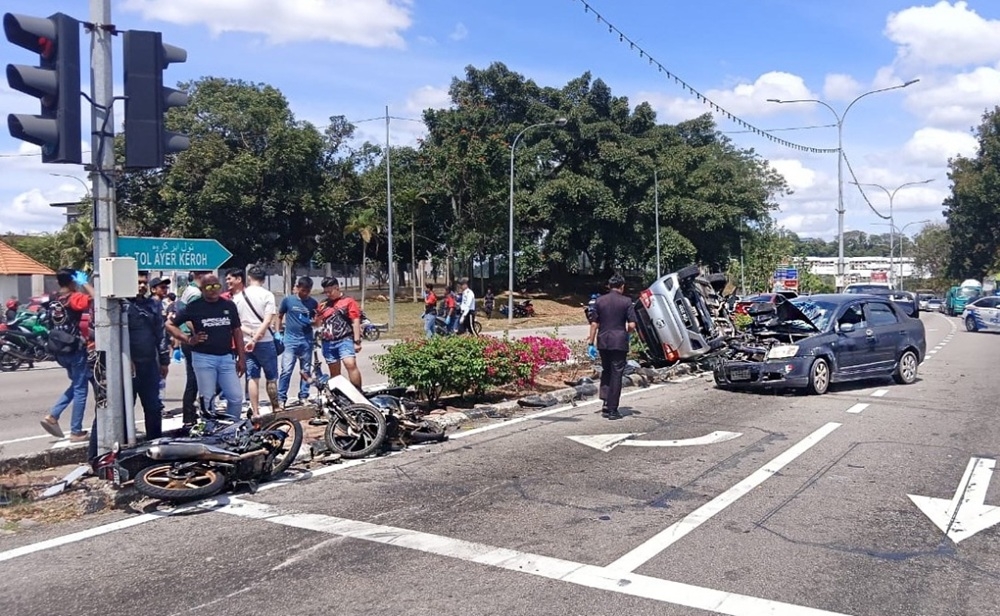
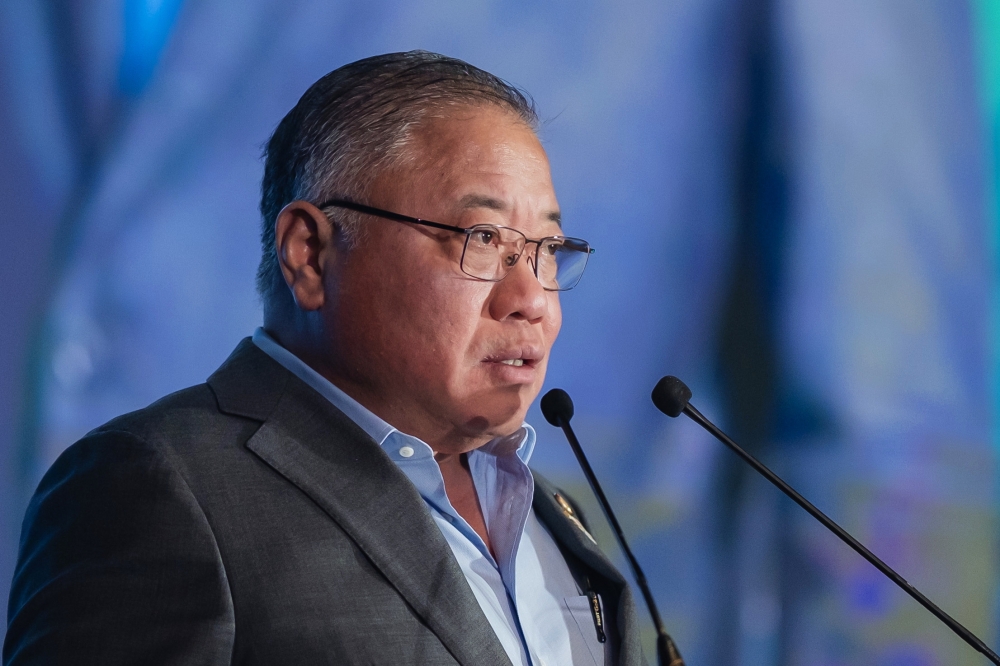

.jpg)
